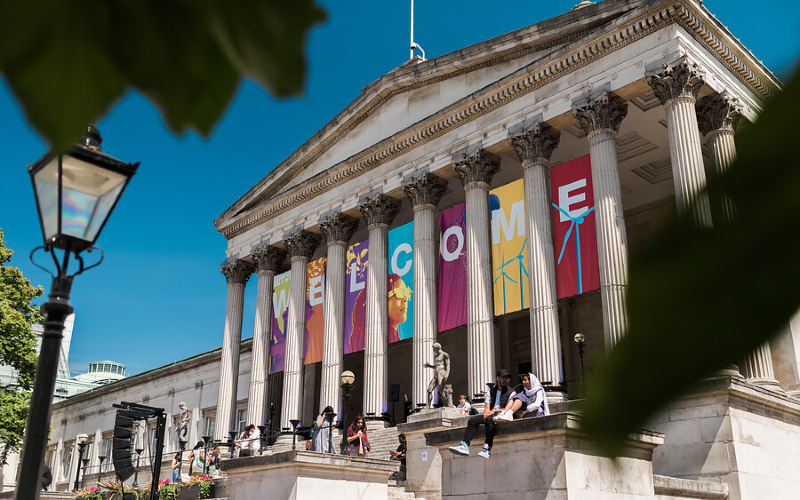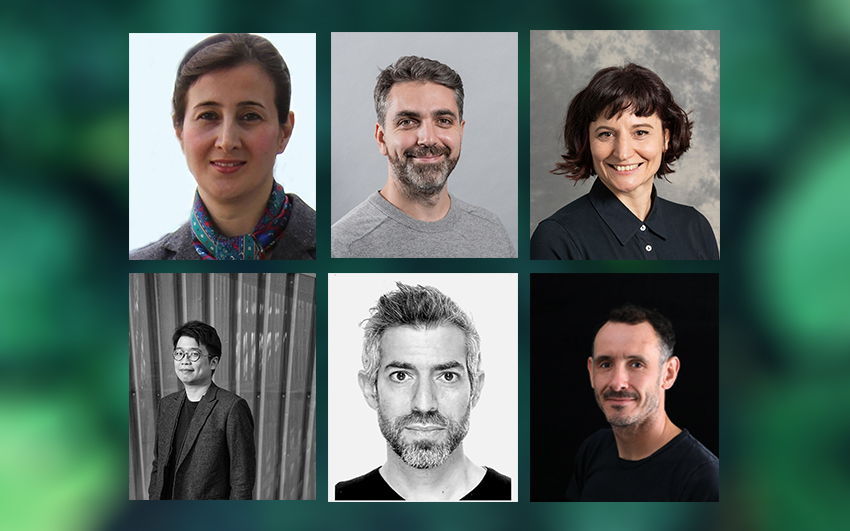Sustainable Built Environments, Energy and Resources BSc and MEng
YouTube Widget Placeholderhttps://youtu.be/CIkHcQmoH3w
To mitigate the climate change and its effects on the environment and humankind, we must adapt our built environments to become environmentally sustainable, climate-resilient and resource-efficient. There is an urgent need in the world for sustainability experts and leaders to play a vital role in adapting our built environments. This solution-oriented programme is unique as it combines every aspect of sustainability, from social and environmental science to resource economics and engineering, giving you the vital skills needed to help design and create a more sustainable future
You’ll learn:
- Social, environmental and economic theories, and how these can be used to address climate change, achieve net-zero emissions, and improve health and wellbeing in the built environment.
- The key challenges facing sustainable built environments, including heritage, health and culture, and how to overcome them.
- How to use data analysis, modelling and advanced decision-making processes to design, construct, operate sustainable buildings, neighbourhoods and cities.
- How to use important digital tools and software used in sustainability to provide creative solutions to real-world problems.
- Essential maths and statistics required to work in sustainability, learning through real-life examples with additional support provided.
- Leadership, critical thinking, communication, problem-solving and other valuable transferrable skills.
Taught by a range of world-leading experts, students will learn vital knowledge and skills through lectures, practical workshops, projects and seminars while benefiting from the faculty’s cutting-edge research, links to other organisations and central London location.
The time to act on climate change is now. Will you help society tackle this global challenge by becoming a leader in sustainability?
Choose the path that's right for you - BSc and MEng routes
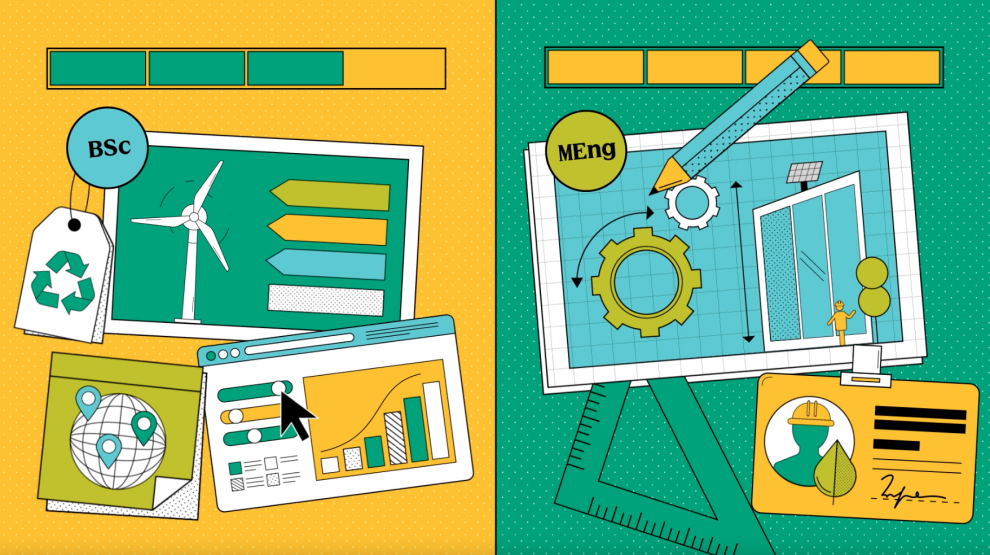
- Students on the BSc (Hons) route will be motivated to gain a comprehensive understanding of sustainability issues in the built environment ready to kick-start their career in a range of different sectors concerned with sustainability. BSc students will study full-time for 3 years.
- Students on the MEng route will wish to become sustainability engineers. They will study for four years, gaining the same comprehensive understanding of sustainability issues in the built environment as BSc students as well as taking additional engineering-focussed modules. We are actively seeking accreditation so MEng students can apply to become Chartered Engineers once they have completed their studies.
If you are unsure what pathway is right for you, you can apply for either route and at the end of the second year you will have the opportunity to change.
What you'll study
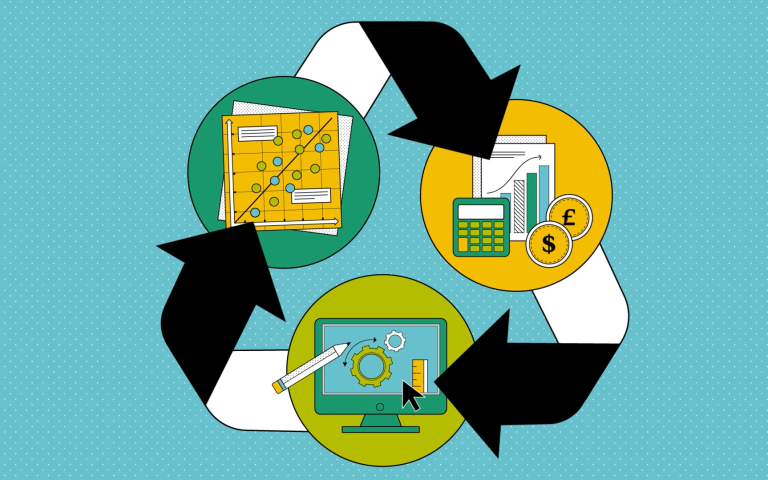
- Climate change and how to reduce and mitigate its effects through smart engineering design, resource management and policy
- Engineering zero-carbon built environments
- Data analytics, modelling and simulation skills
- Safeguarding the health, wellbeing and safety of the people living in the built environment
- The economics of resources, energy and environmental systems
During the course you will put theory into practice. You will be introduced to new concepts as they learn through workshops and projects. Unique to this programme are the 'Sustainable Buildings' and the ‘Sustainable Cities' Challenges, comprising six hands-on modules where you will address real-world challenges from sustainable buildings to sustainable cities at both local and international levels.
By the end of your studies, you’ll have:
- The skills needed to develop, design and construct safe and sustainable built environments at building to city scales, from scenario development to modelling as well as implementing wide-scale solutions at both a local and global level.
- Joined a new generation of professionals in the fast-growing field of sustainable built environments.
- Gained practical, hands-on experience of real-world global sustainability challenges such as climate change and resource efficiency.
- Put your new practical skills to the test in numerous hands-on modules including the Sustainable Cities/Buildings Challenge.
- Learned how to use key industry software
- Gained many transferable skills including advanced leadership and communication skills
Modules
Both BSc (Hons) and MEng students follow the same programme for two and a half years. After this, the BSc (Hons) students complete the remaining half year, for three years in total. MEng students will continue for another one and a half years, for four years in total.
In addition to the core modules:
- BSc (Hons) students will choose two electives and complete a dissertation
- MEng students will have four extra modules, with two chosen electives and a dissertation
Discover the modules you will be taking on the UCL Undergraduate prospectus entry for each route:
BSc route modules on the UCL Undergraduate propspectus ►
MEng modules on the UCL Undergraduate prospectus ►
Careers
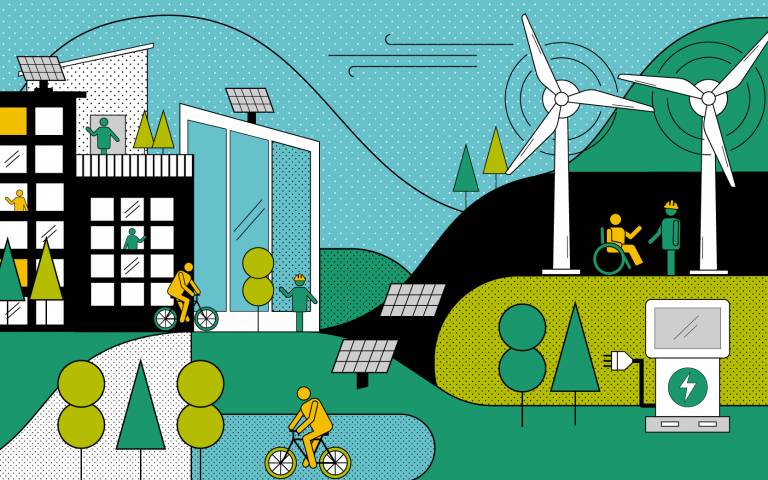
Sustainability is a rapidly growing industry, and we expect graduates of this programme to be in exceptionally high demand as a result. The skills taught on this programme will be attractive to a wide range of potential employers and industries, including those in:
- Sustainable building and engineering
- Scientific and technical consultancies
- Manufacturing
- Construction
- Government and institutional agencies
- Digital simulation
- Smart buildings/cities
Future job titles
A wide range of new industries and career paths are emerging in this space, here are just a few examples of possible job titles and career pathways you could take with the skills from the BSc and MEng routes.
BSc route:
- Sustainability Analyst
- Sustainability Manager
- Policy Advisor
- Building Consultant
- Energy Modelling Consultant
- Sustainable Finance Analyst
MEng route:
- Architectural Engineer
- Building Energy Engineer
- Energy system Engineer
- Sustainability Data Analyst
Employable skills
Students will learn digital software including ENVI-met and Geographic Information System (GIS), and become familiar with programming languages like Python for data analytics. They’ll develop transferrable skills that will support their career beyond sustainability and engineering, including how to lead a team, communicate complex ideas and use advanced decision-making processes.
This programme also has connections with sustainability and built environment contacts in government, industries and businesses, who can offer students employment opportunities, plus work placements and field visits.
MEng students will also have access to employers connected to sustainable building engineering services. In the UK alone, sustainable building and engineering represent 3% of the UK’s total goods and services. MEng graduates may also pursue a career in architecture.
By the end of the programme, you’ll have acquired highly specialised knowledge and skills that will only be of increasing value to our digital and sustainable future.
Industry views
Nearly 100% of the 44 potential employers we surveyed said there was either a high or very high demand for graduates from a programme like this. Over 70% said they expect demand for the kind of skills taught on this programme to increase sharply.
The climate crisis demands that we organise our industry a new way for a sustainable future. The siloed thinking of the twentieth century; when architects dealt with space and aesthetics and engineers thought about energy and systems is not good enough for today. We need to think collaboratively, architects need to be more energy literate and engineers need to think more iteratively as designers. Building performance must address broader sustainability and encompass social, economic and ecological aspects. This degree delivers just that, a new breed of professionals who bring together the expertise to think about buildings as systems, where architecture and engineering are combined into a sustainable whole. Each aspect reliant on and influenced by the other, driven by the very low carbon budgets compatible with a sustainable future and consistent with climate justice, planetary resource limitations and a viable economic model. Graduates of this course are the future of our industry!"
Dr Craig Robertson - Head of Sustainability, Allford Hall Monaghan Morris (AHMM)
“
“Designing a new world - a sustainable future involves transformative change in every aspect of society globally. The endeavours of sustainable development challenge the profession of built environments to expand our perspective, evolving our skills and knowledge beyond delivering incremental improvements to solutions, and be bold in enabling broader outcomes to achieve a safe, resilient, inclusive, and sustainable world for all.
We need engineers, designers, scientists from diverse range of disciplines and many other stakeholders of the value chain working together, taking on a participatory and regenerative approach in solving the increasing complexity of the world.
The SBEER programme provides a future focussed and progressive academic foundation for the next generation of building professionals to learn and explore transdisciplinary ways of working, engage in healthy debate and experimentation across multiple domain areas, developing a cohort of future leaders to steward the industry towards a more sustainable world."
Florence Lam - Arup Fellow and Global Lighting Design Director, Visiting Professor at UCL Bartlett Institute for Environmental Design and Engineering
About you
You’re a highly motivated, progressively-minded student with a passion for making the world a better place through smarter engineering design, resource management and data science. You might be looking to become an industry leader in sustainability or specialise as an engineer or architect.
We’re looking for people who...
- Are concerned about sustainability and want to make a difference
- Are scientifically ambitious
- Feel confident about their digital skills
- Enjoy problem-solving and overcoming challenges
- Want to use data and statistics to make tangible change
- Have good communication skills and work well in a team
- Most of all, are committed to making a real-world impact in climate change mitigation
Students with all specialisms are invited to apply, as long as they have an A in mathematics at A-level or equivalent.
With both BSc (Hons) and MEng on offer, the programme caters to graduates who wish to gain a broad understanding so they can specialise their career, as well as those who wish to obtain a professional qualification.
Why choose The Bartlett?

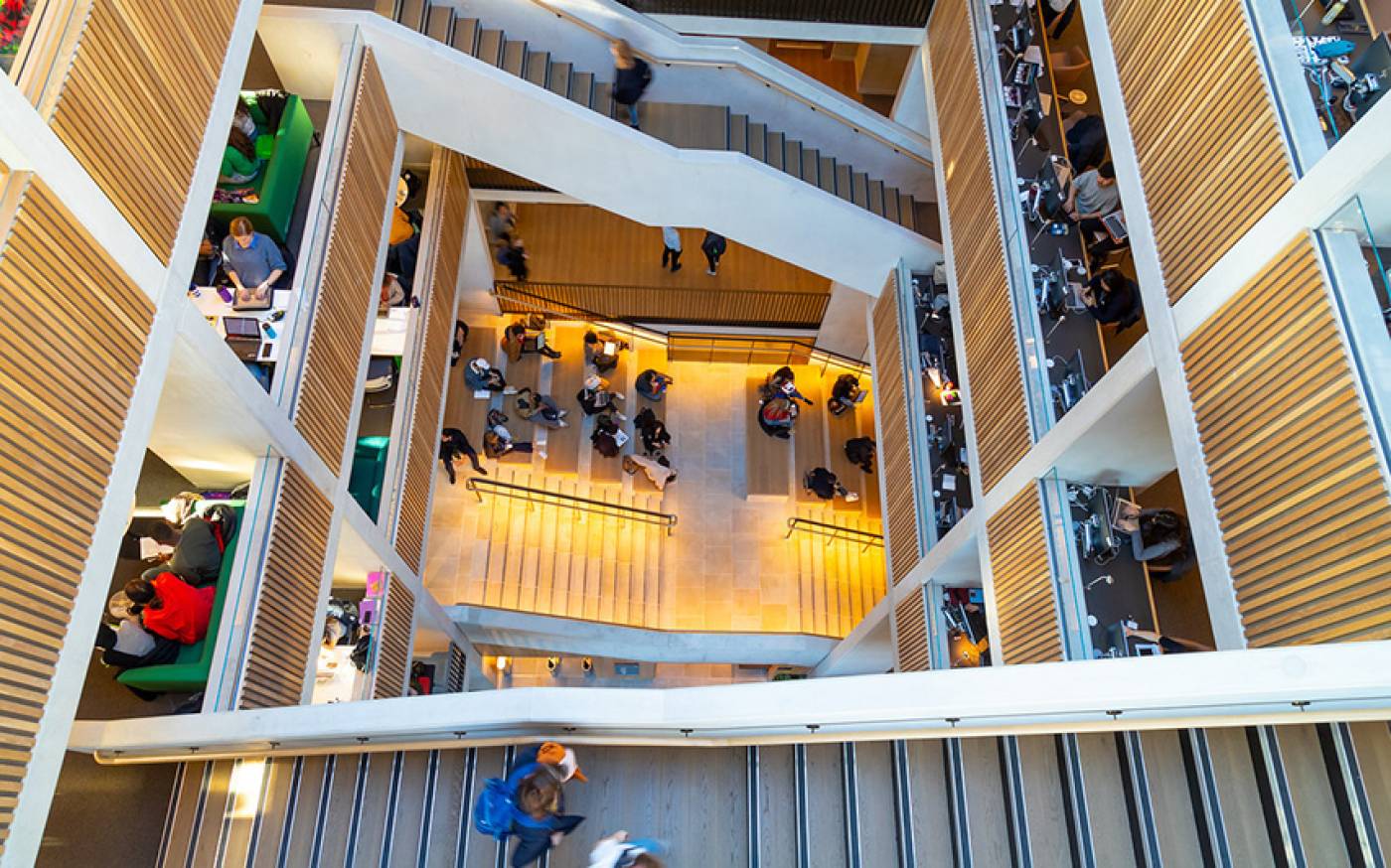
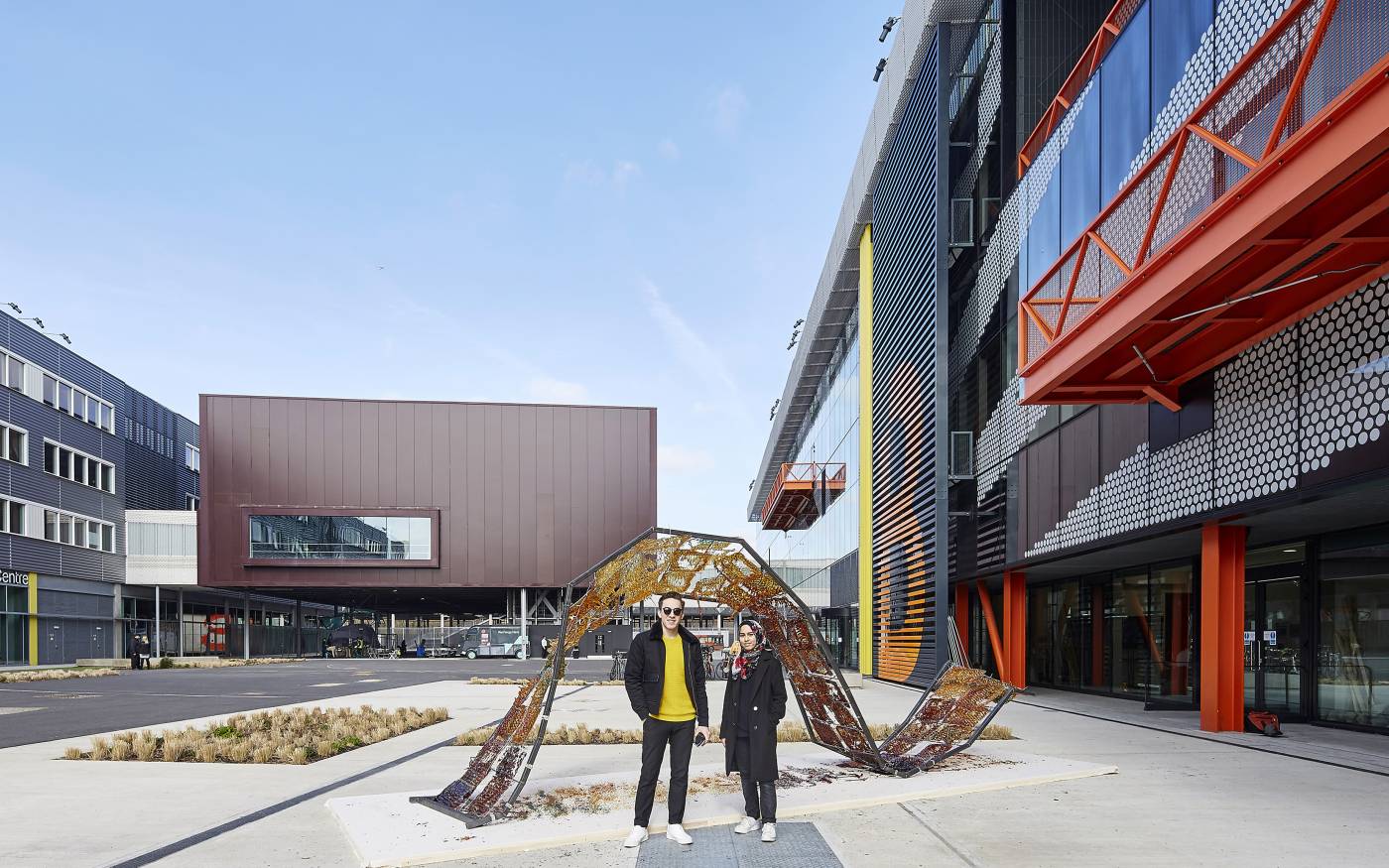
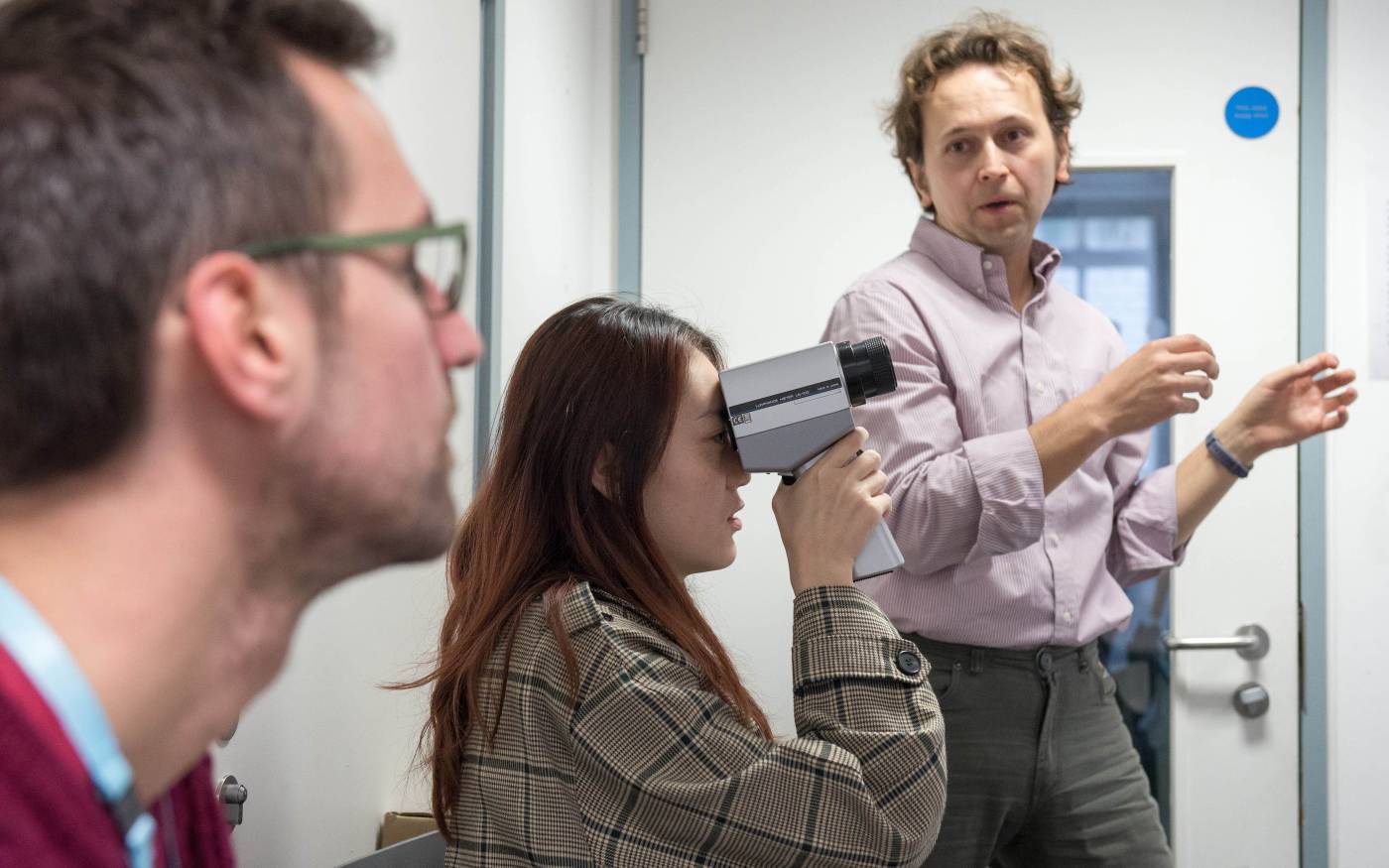
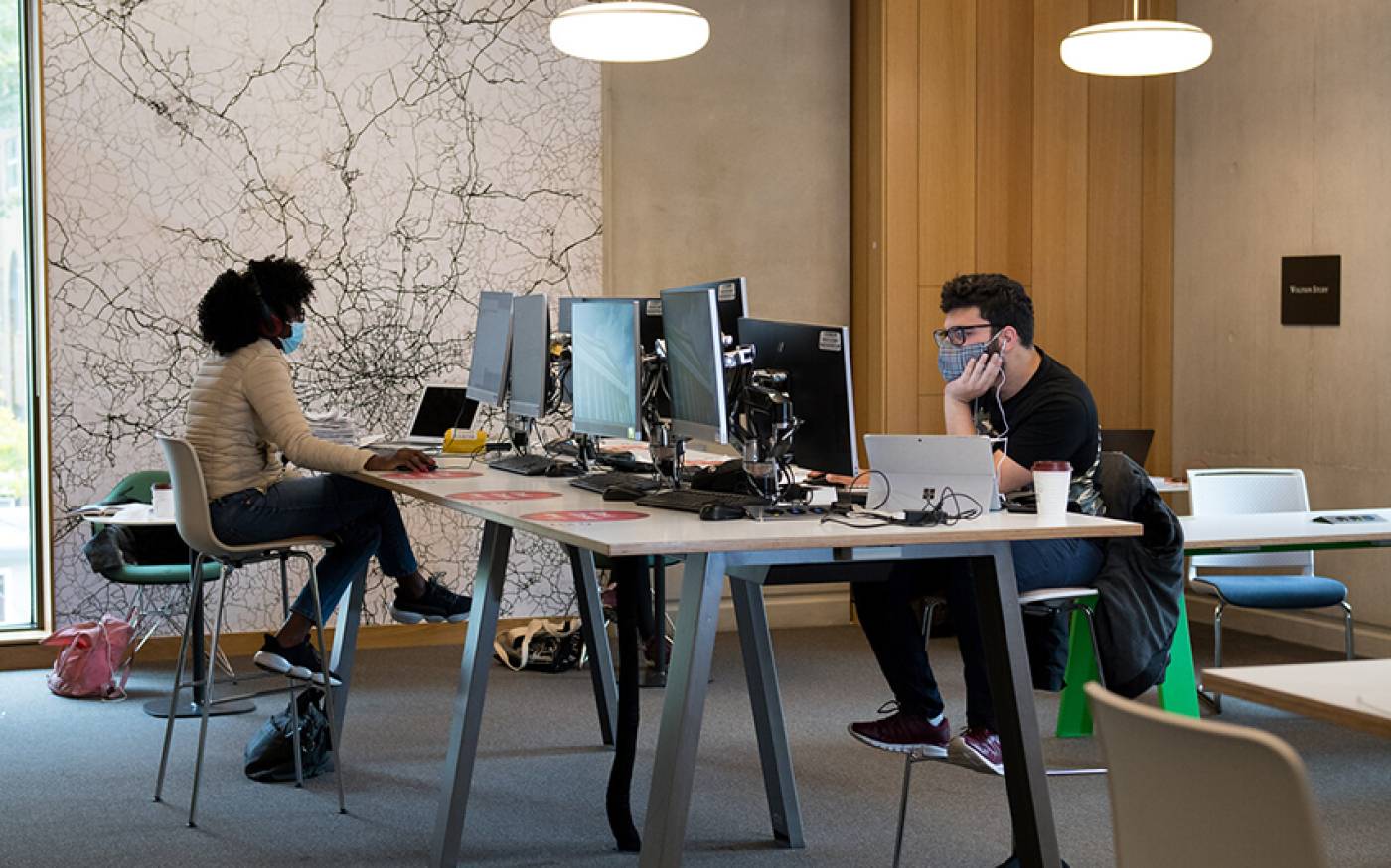
The Bartlett School of Environment, Energy and Resources is a world-leading centre of research and teaching excellence. As part of The Bartlett, UCL’s Faculty of the Built Environment, our research over the past 40 years has helped make buildings, towns and cities better places to live and work in.
We offer:
- A world-leading learning environment. The Bartlett, our faculty, is ranked #1 in the world in Architecture and the Built Environment for the second year in a row, and remains #1 in the UK for the tenth year in a row (QS World University Rankings by Subject 2024).
- A world-leading track record in building design and engineering, energy and sustainable resources research
- Established partnerships and an extensive alumni network within many of London’s and UK’s major building engineering firms
- Long-standing, strong relationships with stakeholders from industry, policy-makers and academia, who often give lectures and appear at networking events and provide unrivalled networking opportunities
- A London location at the centre of open innovation
- An inclusive environment that promotes global citizenship, and an ethos of equality and diversity
- A track record of delivering exceptional graduates that went on to assume leadership roles in industry and academia
 Close
Close


